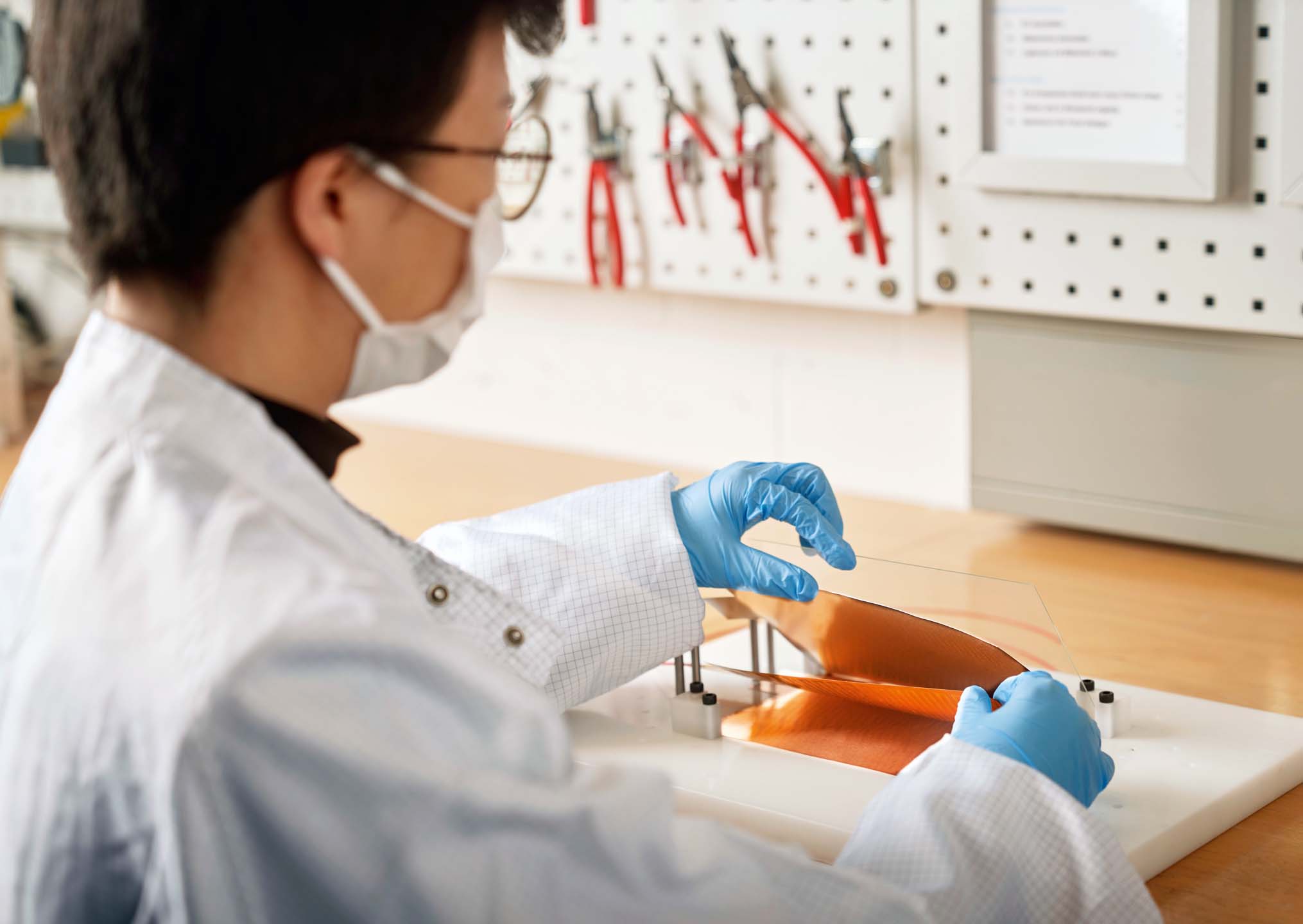
Junior Research Groups and Junior Professorships
The unique combination of the competencies of the university and research locations Stuttgart and Karlsruhe will strengthen scientific excellence and the education of young scientists in Baden-Wuerttemberg.
For this the InnovationCampus Future Mobility (ICM) established several junior research groups and junior professorships at both universities.
Junior Professorships
Risk analysis of cyber-physical production systems
Prof. Dr.-Ing. Andrey Morozov (IAS, University of Stuttgart)
The research interest of Jun.-Prof. Morozov lies at the intersection of three domains, namely, (i) Networked Automation Systems (NAS), (ii) Dependability, and (iii) Artificial Intelligence (AI). Modern NAS is a particular case of Cyber-Physical Systems (CPS) with the focus on the cooperation of heterogeneous industrial robotic systems. Accurate assessment of reliability, safety, and resilience is essential for NAS because of the high cost of downtime and strict safety requirements. However, the analytical capabilities of dependability evaluation methods, which are currently applied in the industry, are far behind the technical level of the systems in question. These methods cannot adequately describe sophisticated failure scenarios of highly dynamic and intelligent NAS.
Besides that, future NAS will include more and more AI components. However, the reliability and safety analysis of AI is an entirely open question at the moment. An inevitable revolution in the dependability methods is expected in the next years. So, the main goal is to build a strong research team capable of taking a leading role in the development of the next generation of dependability analysis methods for modern and future NAS.
Professor Morozov was Junior Professor at the ICM until December 2024 and was appointed W3 professor in December 2025.
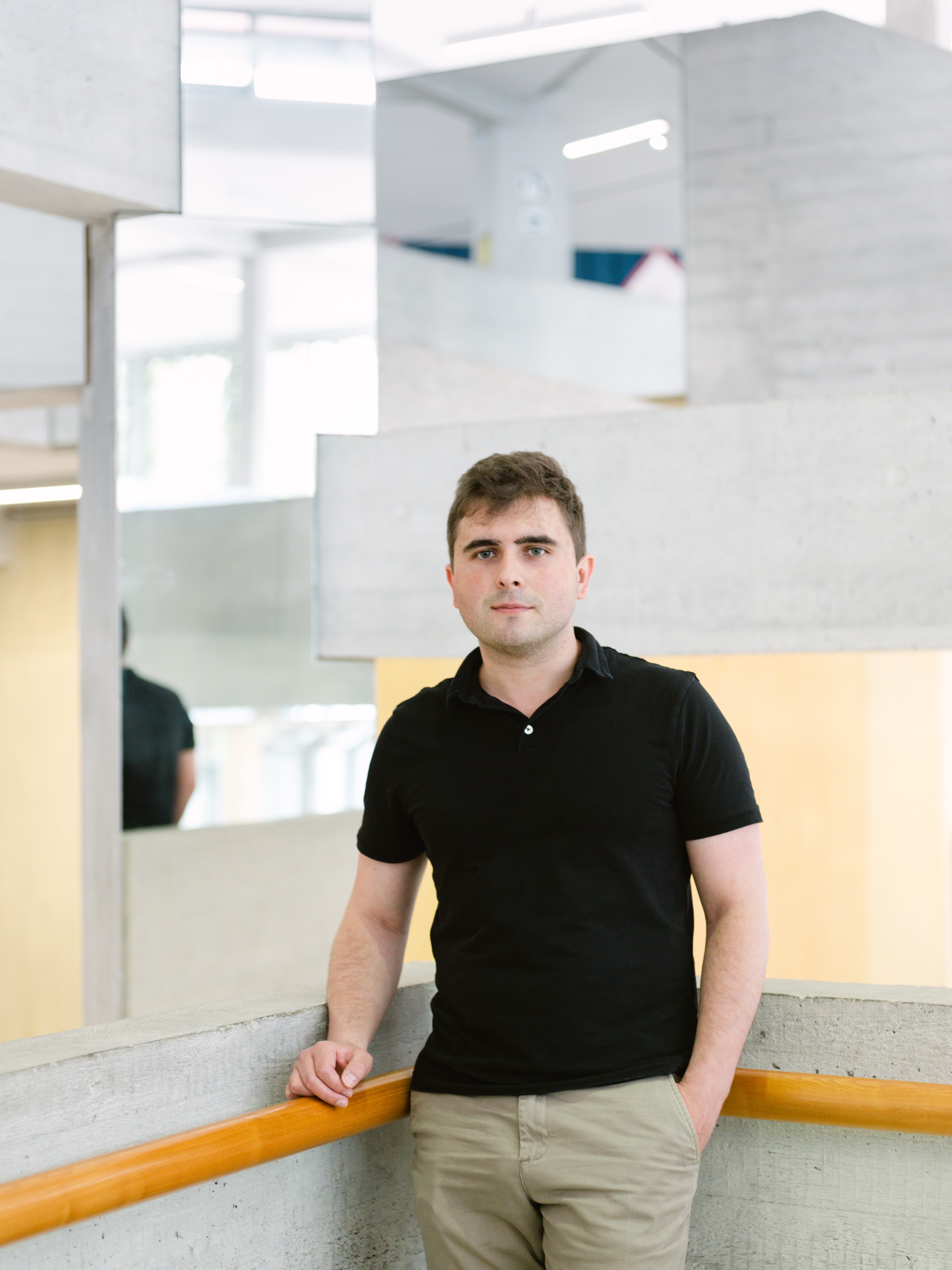

Highly versatile, area and space mobile system for production
Jun.-Prof. Dr. -Ing. Rania Rayyes (IFL, KIT)
Using pre-programmed robots restricts the robot's adaptability, flexibility and even applicability. Additionally, most complex tasks in production and material handling are still performed manually, which is inefficient, prone to errors, and very costly in time. Robot learning opens up new application fields that could not be automated with conventional and traditional techniques.
The professorship focuses on developing novel machine learning methods and AI systems to introduce a new generation of smart, versatile, and adaptive autonomous robotic systems for flexible material handling and manufacturing tasks. It is intended to strengthen the novel research in flexible production and manufacturing at Institute for Material Handling and Logistics (IFL) and innovation for new future at ICM.
Modeling and Analysis in Mobility Software Engineering
Jun.-Prof. Dr. rer. nat. Maike Schwammberger
The research group focuses on logical and diagram-based models and analysis methods in the field of autonomous driving. The central research question is: Which requirements should an autonomous vehicle fulfill before it is allowed to share the roads of this world with people and how can these requirements be ensured? For this purpose, system properties such as safety (collision-freedom), fairness, explainability and moral reasoning of autonomous agents are defined and analyzed.
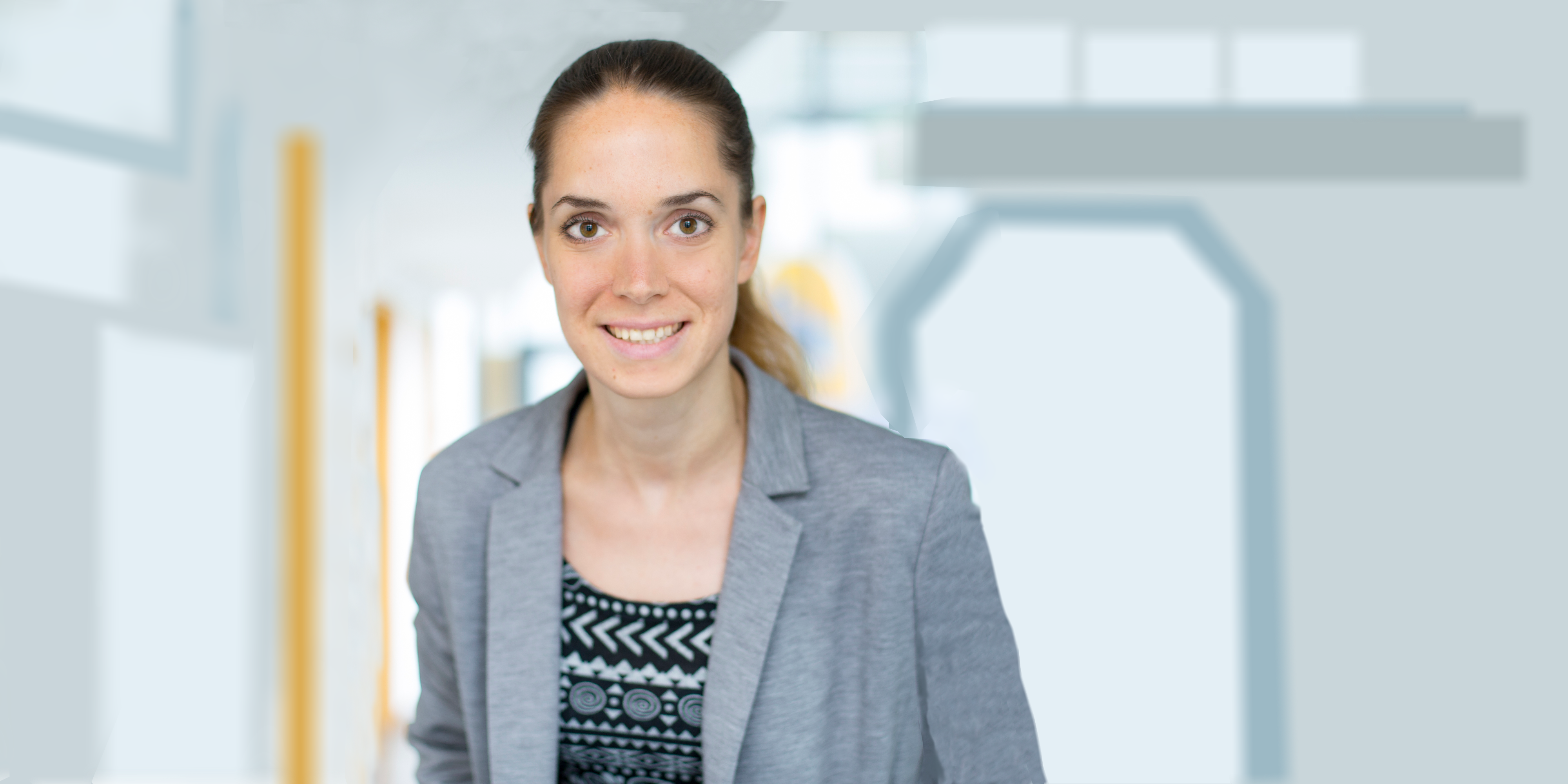
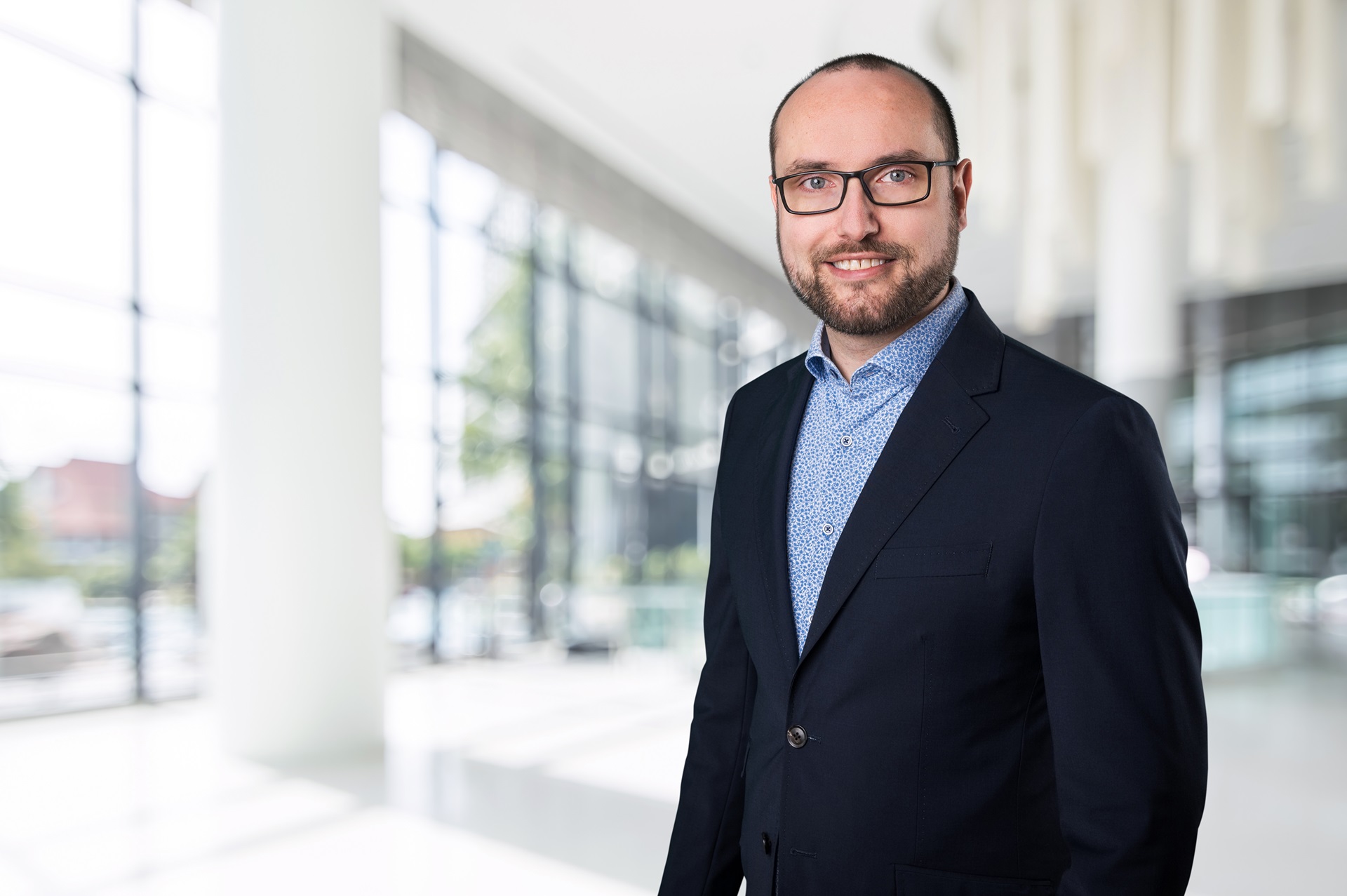
Smart converters for emission-free mobility of the future
Jun.-Prof. Dr.-Ing. Stefan Mönch (IEW, Universität Stuttgart)
The research group is working on highly efficient electrical energy converters for emission-free mobility of the future. Smart converters with intelligent operating concepts enable flexible and adaptable system integration of electrical sources, storage and loads as well as the coupling of the sectors electricity, heat and mobility.
In order to accelerate sustainable mobility and the energy transition, the group is researching
- highly efficient power electronics with new topologies and operating concepts,
- compact voltage converters for intelligent charging, storage and driving,
- electrocaloric heat pumps for cooling and heating in mobile applications.
Cognitive sensor technology for the mobility of the future
Jun.-Prof. Dr.-Ing. Florian Pfaff (IAS, University of Stuttgart)
Florian Pfaff's research group focuses on advancing the fields of machine learning and tracking. He is specializing in extended object tracking, learning and estimation on manifolds, and the integration of machine learning techniques with traditional estimation and tracking disciplines. This entails the development and refinement of algorithms capable of accurately tracking the position and orientation of objects that cannot be represented as mere points in space, such as vehicles in driving scenarios. By employing machine learning strategies, his group aims to enhance model accuracy and adaptability, enabling the tracking systems to learn from data.
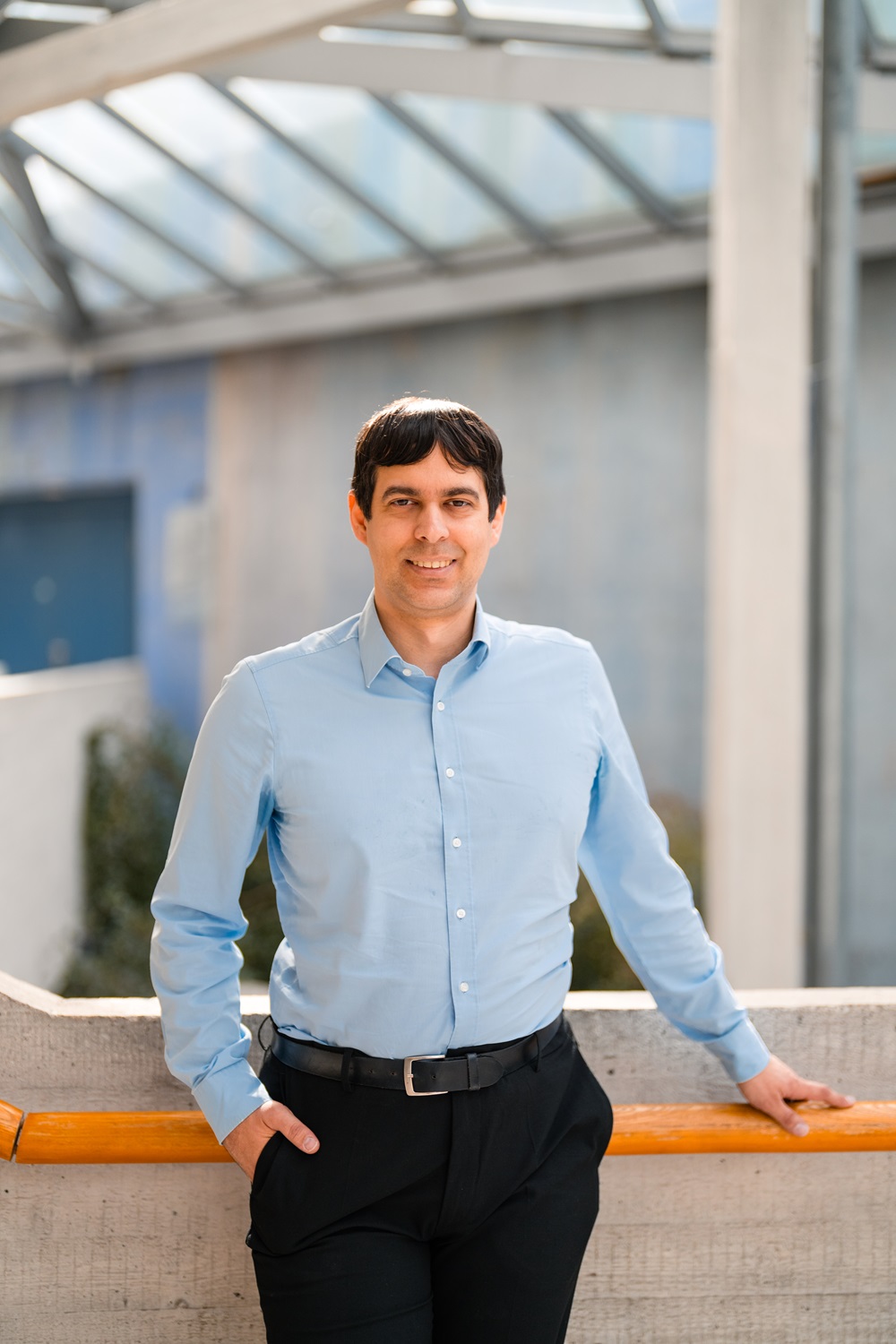
Former Junior Research Group Leader
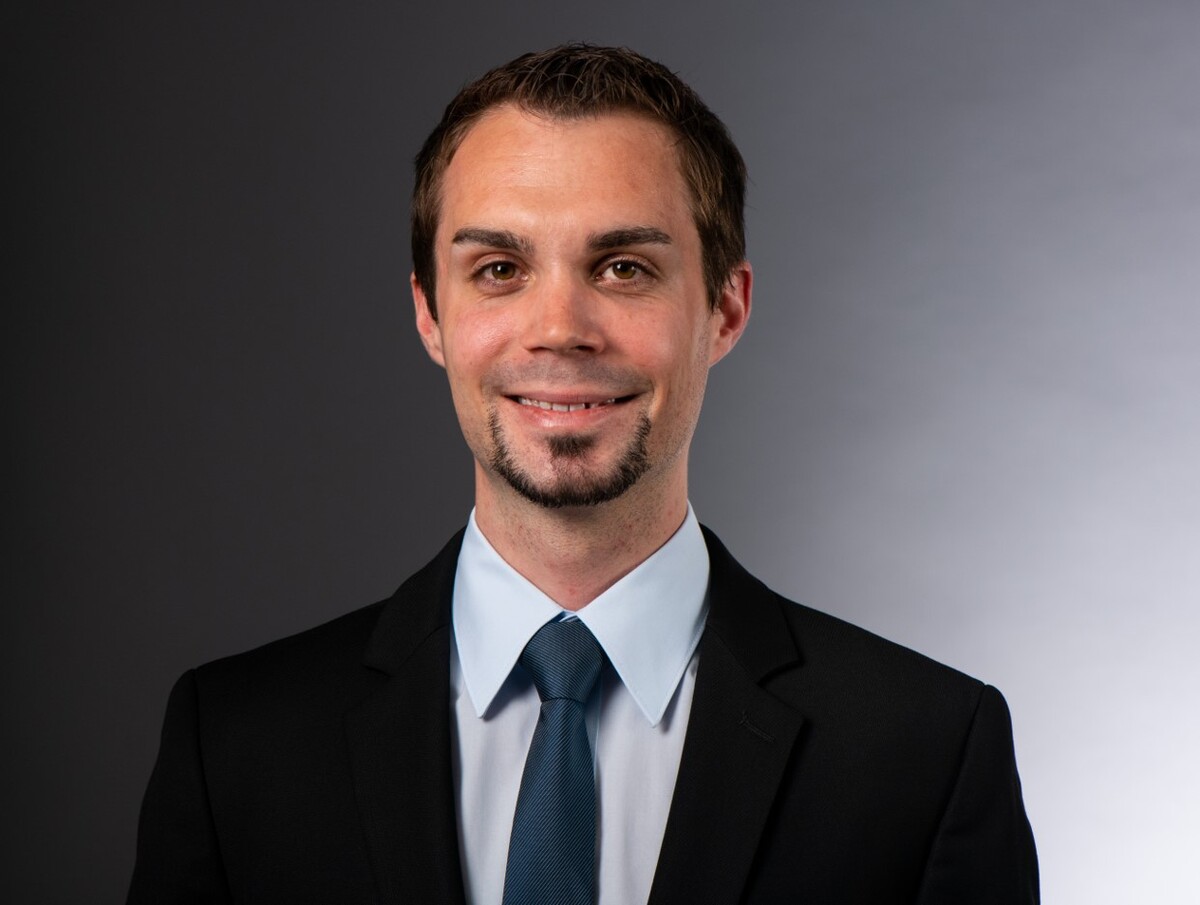
Research and development of key technologies for a universal machine
Dr.-Ing. Michael Jarwitz (IFSW, University of Stuttgart)
The junior research group ‘Advanced Manufacturing’ is working on the research and development of key technologies for a universal laser machine. The research is divided into several research areas: In control technology for the universal laser machine, the focus is on the real-time reconfigurability of the required control applications. In diagnostics of manufacturing processes, research is being conducted into adaptable process diagnostics for online quality assurance that can be used across all processes. Furthermore, the technological interactions between laser-based manufacturing processes in the process chain and the resulting potentials and limitations for the manufacturing process are being researched. For the development of a self-learning laser machine, both the autonomous compensation of component distortion during laser welding by means of reinforcement learning, as well as models for a fast parameter optimization with a focus on hybrid models, the combination of physical models and machine learning, are also being investigated.
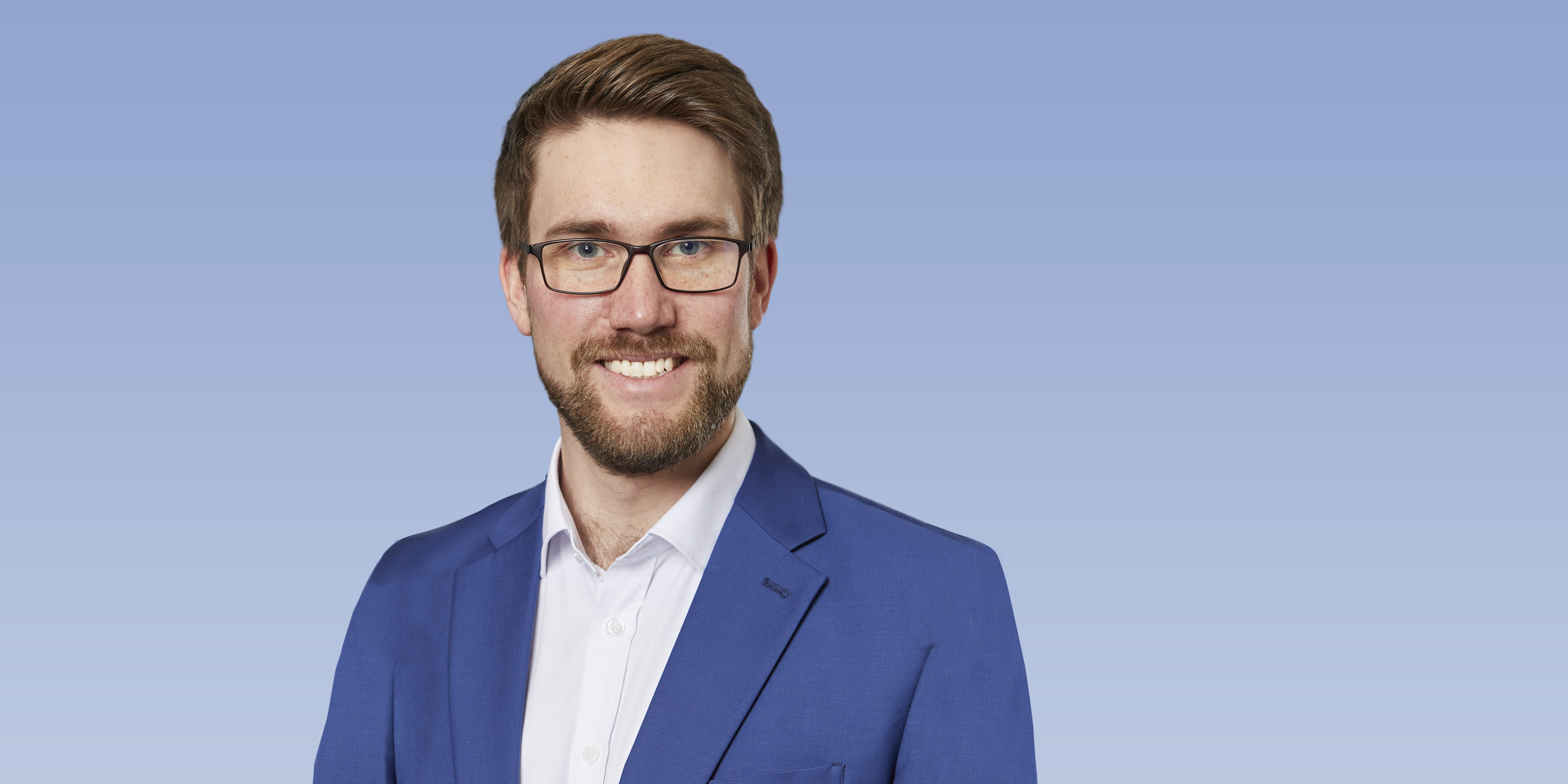
Dynamic quality control for the sustainable production of mobility solutions
Dr.-Ing. Florian Stamer (wbk, KIT)
Quality is a central aspect for the economic success of remanufactured mobility products. The aim of the junior research group is the intelligent quality control of production processes for the economic processing of remanufactured products. This includes both the individual production of components and adaptive pairing in assembly.
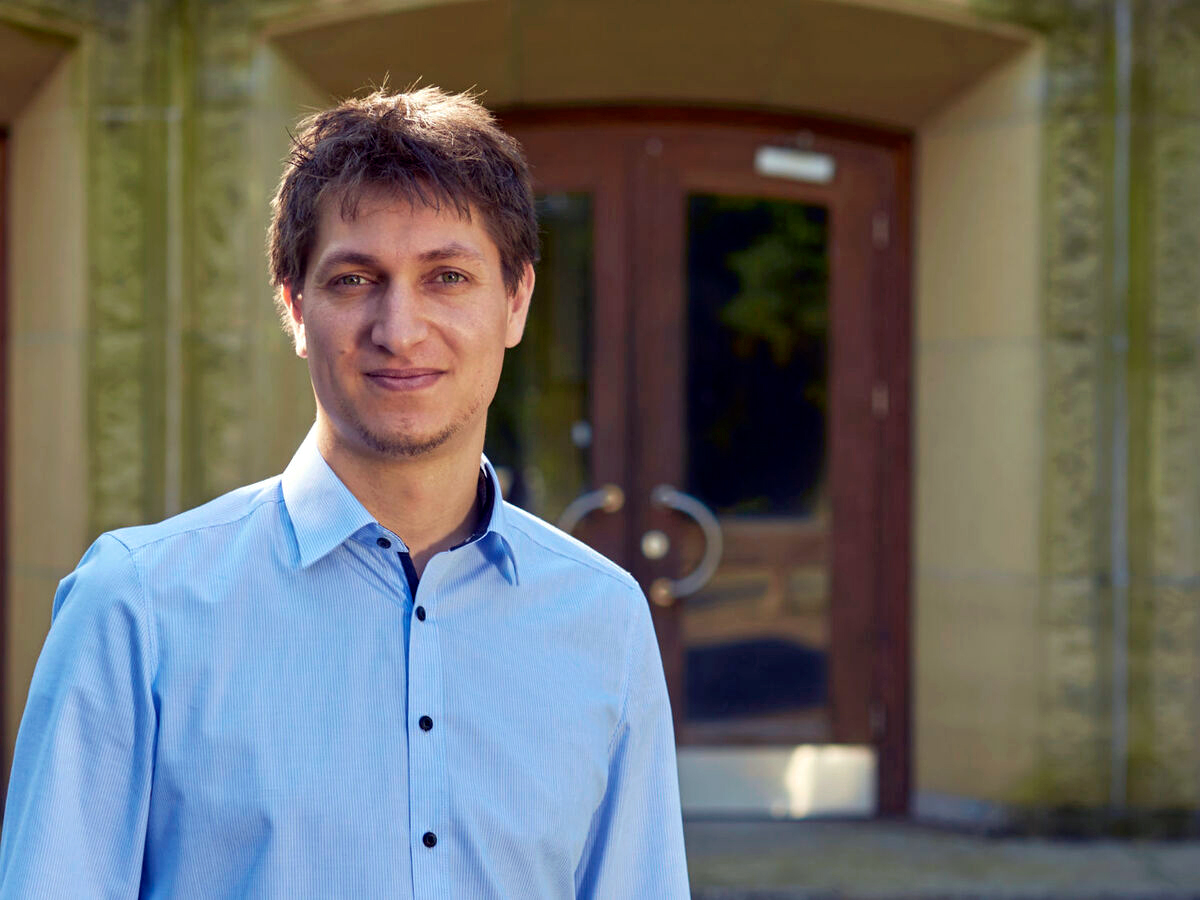
Sensor-based development of H2 fuel cells (SensE2B)
Dr.-Ing. Jan Haußmann (IPEK, KIT)
Polymer Electrolyte Fuel Cells (PEFC) are a promising technology for avoiding local emissions and reducing greenhouse gases. For mobile applications, a high power density and a long lifetime are necessary. For this purpose, it is necessary to detect critical conditions in the fuel cell and to avoid them by an adapted operating strategy.
Within this junior research group a sensor-based concept is to be developed that links the cell, stack and system levels and thus enables the development of a highly efficient fuel cell system with a long lifetime.
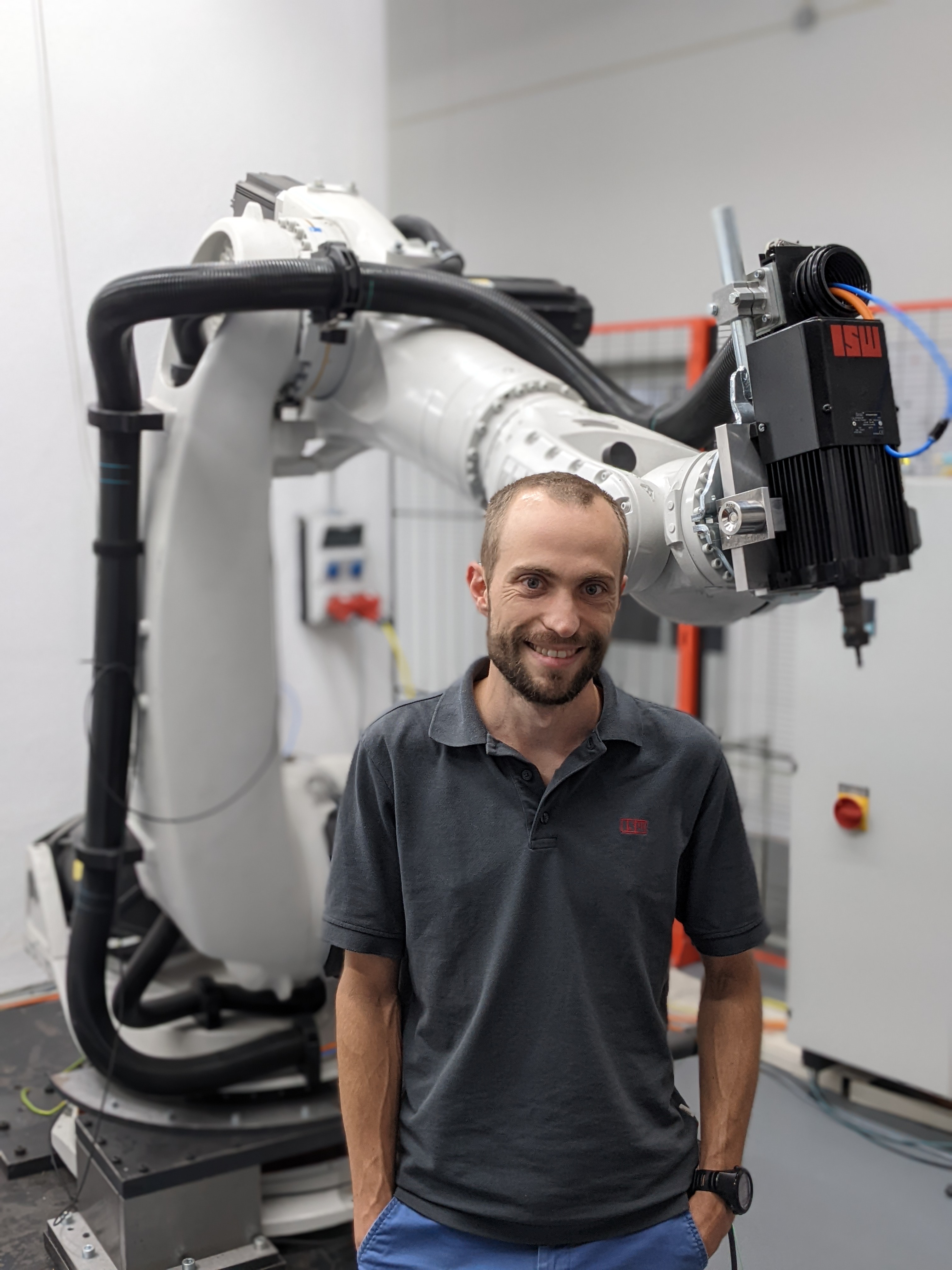
Digital twins as grey box models for manufacturing engineering
Dr.-Ing. Christoph Hinze (ISW, University of Stuttgart)
The central element of the junior research group "Digital Twins as Grey-Box Models for Manufacturing Engineering" is the model-based representation of the dynamic behavior in the digital twin for the design, control and optimization of manufacturing systems. For this purpose, various identification procedures and methods from machine learning are applied.
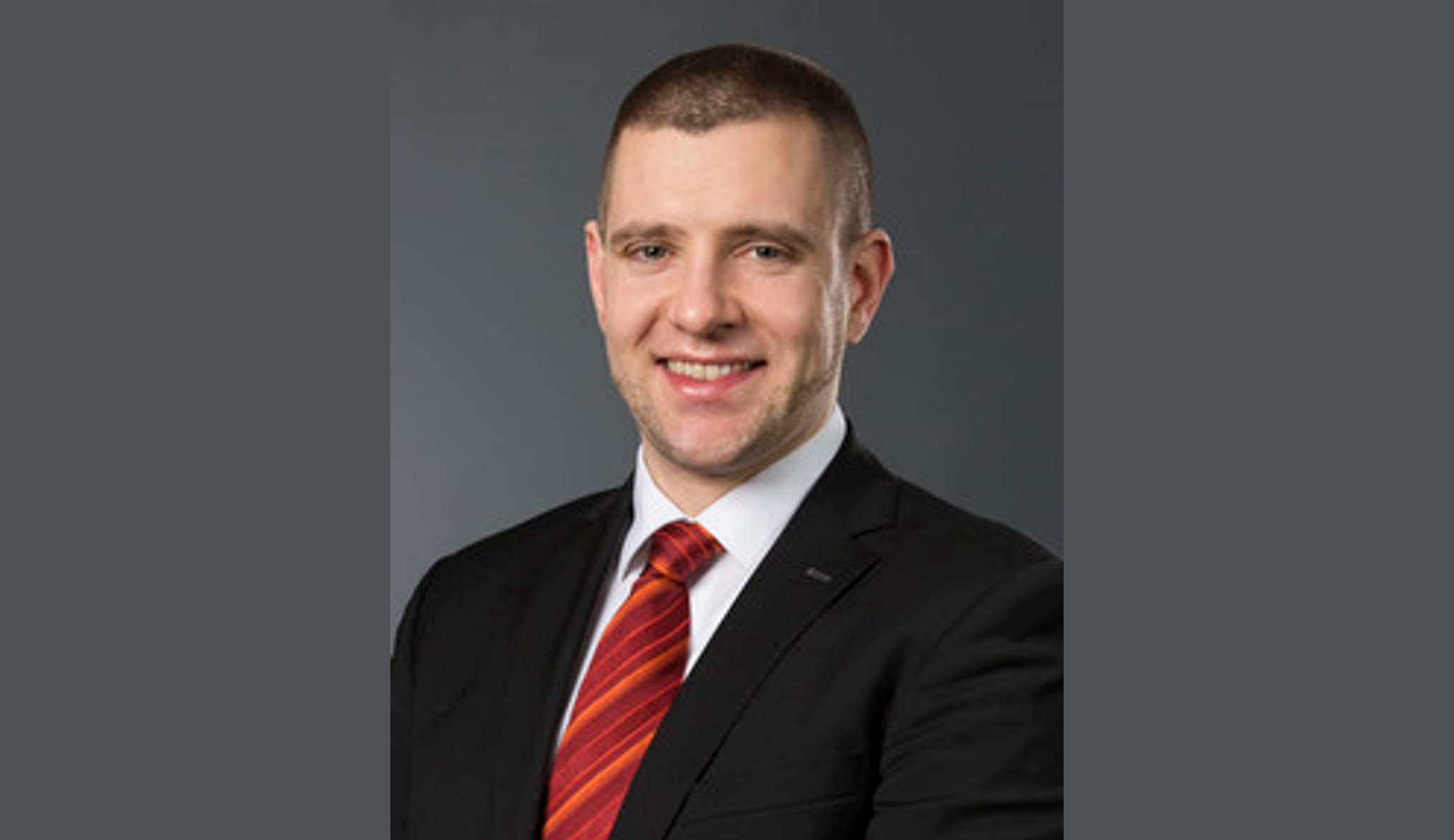
Circularity-oriented design of battery and fuel cell systems
Dr.-Ing. Simon Rapp (IPEK, KIT)
How can circular battery and fuel cell systems be designed starting from and building on existing systems? To answer this central research question, the junior research group is researching methods, processes and solutions for a design-for-circularity system development approach to develop circular battery and fuel cell systems.
The scientific basis are methods and processes following the model of "PGE - Product Generation Engineering". The development and design methods as elements of the PGE model enable circular planning and design of sustainable battery and fuel cell systems. The use of product-production codesign methods support a recycling-, remanufacturing-, reuse- and recovery-oriented design of battery and fuel cell systems.